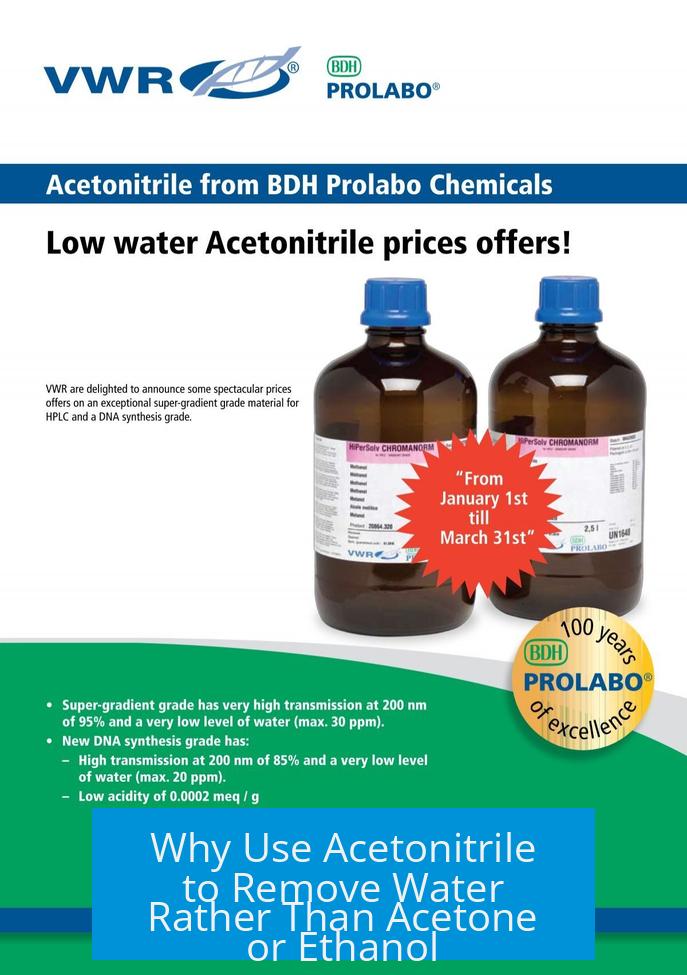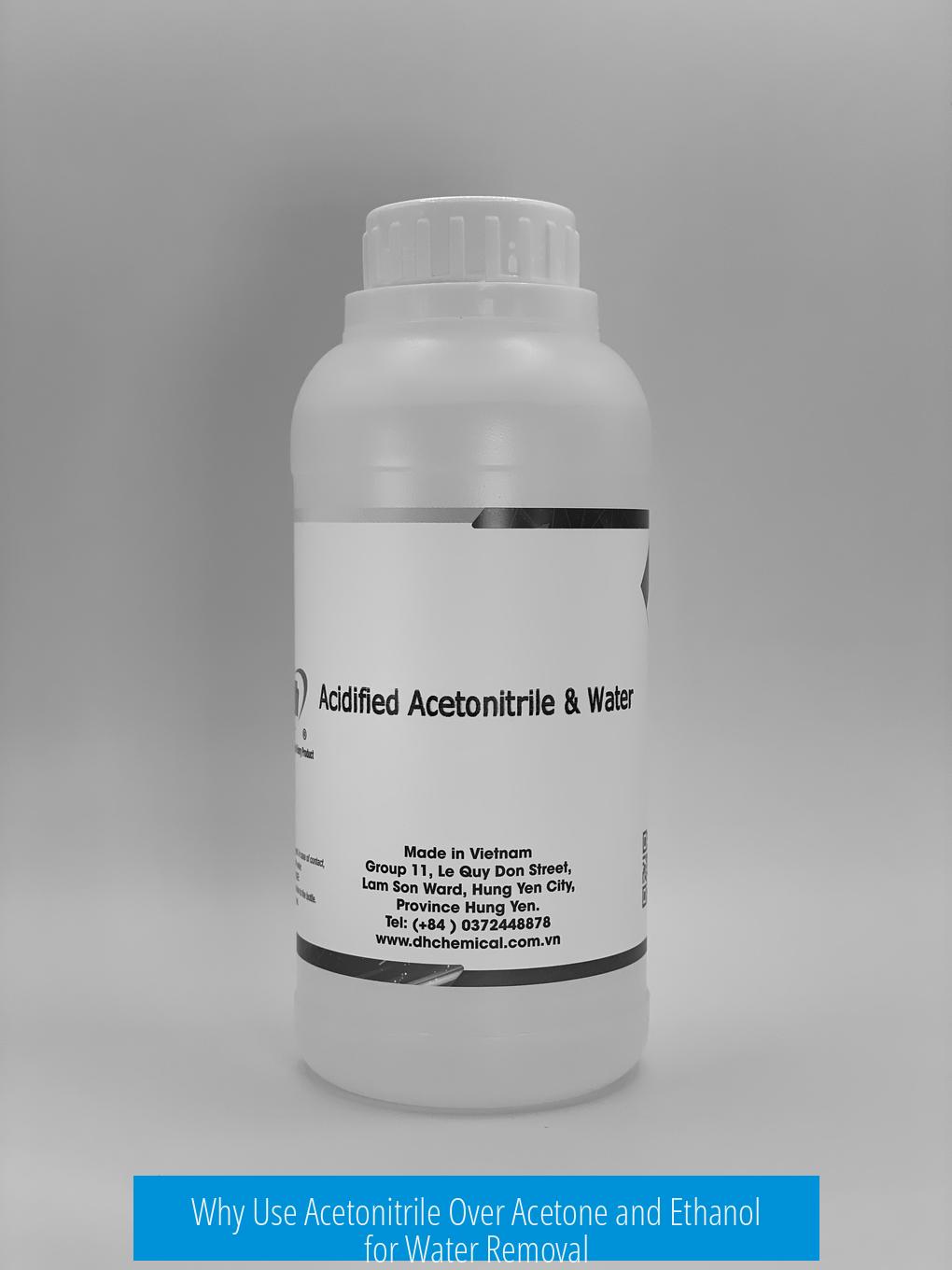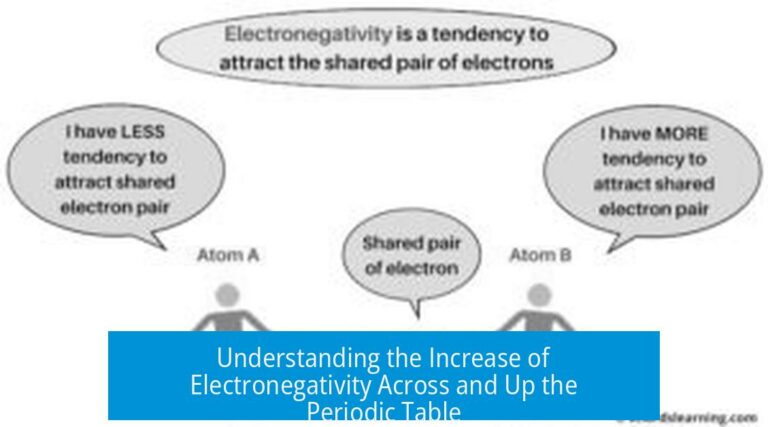Why Use Acetonitrile to Remove Water Rather Than Acetone or Ethanol

Acetonitrile is preferred to remove water over acetone or ethanol due to its lower boiling point, low viscosity, and high solvent compatibility, which enable effective water removal with minimal impact on sensitive compounds. These properties make acetonitrile more suitable for many analytical and preparative techniques where efficient drying and solvent removal are critical.
Boiling Point and Evaporation
Acetonitrile has a boiling point of 81°C, slightly higher than acetone (56°C) and ethanol (78°C). However, its evaporation behavior is beneficial for removing water gently. It allows drying processes at moderate temperatures, minimizing thermal damage to compounds sensitive to heat.
Viscosity and Handling
The viscosity of acetonitrile is lower than that of acetone and ethanol. This lower viscosity improves solvent flow and mixing, which is advantageous during liquid-liquid extraction and chromatography. Easier handling facilitates faster processing and better solvent exchange with water-containing samples.
Solvent Compatibility and Miscibility
Acetonitrile is fully miscible with water and many organic solvents. This property enhances its effectiveness in removing residual water from mixtures. It can dissolve polar compounds while maintaining compatibility with common solvents used in organic synthesis and pharmaceutical analysis.
Limitations of Acetone and Ethanol
- Acetone and ethanol often contain dissolved water, reducing their drying efficiency.
- Ethanol forms a negative azeotrope with water, increasing the boiling point and complicating evaporation.
- Neither acetone nor ethanol form beneficial azeotropes useful for co-evaporation with water.
Functional Applications
Acetonitrile is widely used in chromatography as a mobile phase solvent due to its suitable elution strength and detector compatibility. It is also standard in sample preparation—solid-phase extraction and liquid-liquid extraction—where removing water cleanly is essential.
Cost and Use Considerations
Acetonitrile is more expensive than acetone or ethanol. Consequently, it is reserved for situations demanding its unique properties, such as reactions sensitive to acids or requiring higher drying temperatures than achievable with acetone or ethanol reflux.
Summary of Key Takeaways
- Acetonitrile’s moderate boiling point aids gentle water removal.
- Lower viscosity improves handling and solvent mixing.
- High miscibility with water and organic solvents enhances drying efficiency.
- Acetone and ethanol contain residual water and lack useful azeotropes.
- Acetonitrile use is strategic due to higher cost but justified by performance.





Leave a Comment